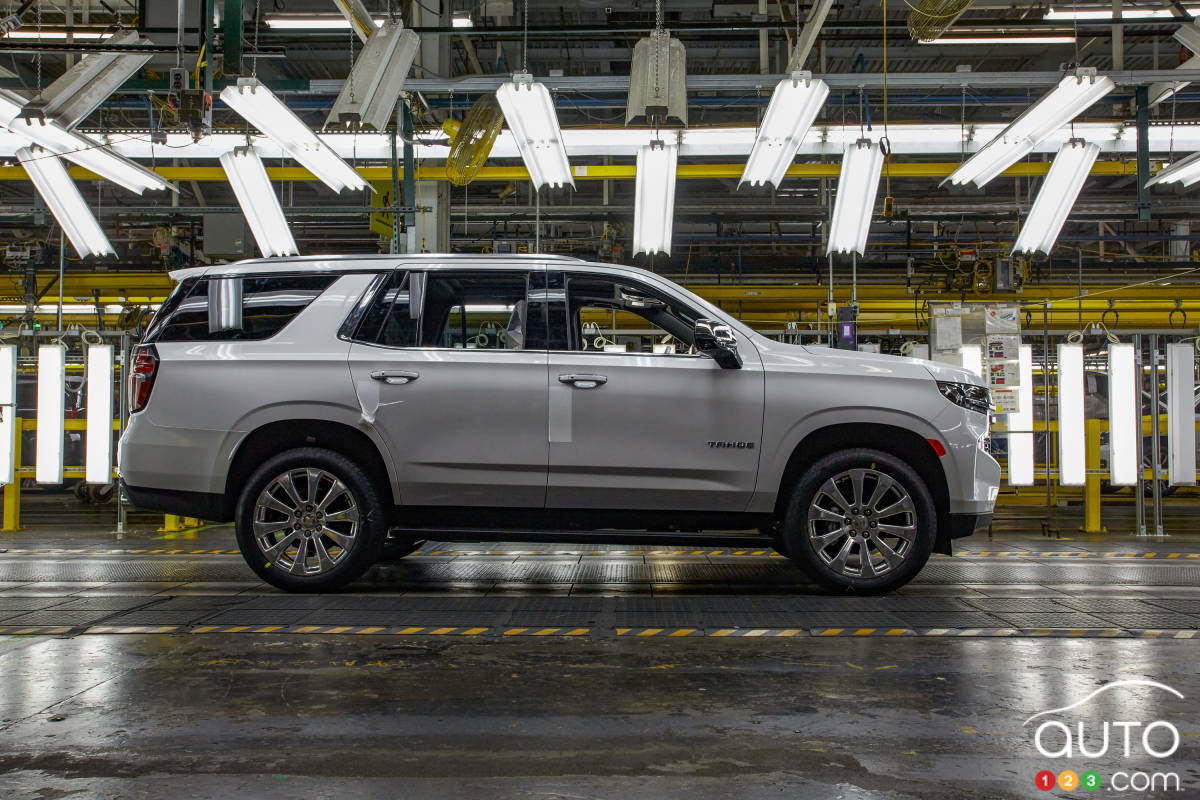On Friday, we learned that General Motors (GM) was temporarily suspending vehicle production at two U.S. plants, specifically those assembling pickup trucks (Chevrolet Silverado and GMC Sierra) and the company's largest SUVs (Chevrolet Tahoe and Suburban, GMC Yukon and Cadillac Escalade).
Those are all profitable models for the automaker, so it wasn’t due to oversupply and/or slow demand. The reason for the shutdowns was Hurricane Helene, which had an impact on the production capacity of certain suppliers.
This goes to show how fragile the supply chain can be, something that Covid-19 had shown quite brutally.
At least, the shutdown was short-lived. Yesterday (Monday), GM said it was resuming production at its assembly plants in Arlington, Texas, and Flint, Michigan. Now many will be watching what effect the incoming Hurricane Milton has on vehicle production.

On Friday, there was no word on when operations would resume, but workers were told work was expected to resume on Monday.
“We are working with these suppliers to resume operations as quickly and safely as possible for their employees and communities, as we seek to minimize impacts on our plants,” GM said in a statement.
Hurricane Helene made landfall in Florida at the end of last week, but made itself felt for days in the southeastern U.S. and parts of western North Carolina.
At the time of writing, the death toll had risen to over 230, with hundreds still unaccounted for.
GM declined to disclose the identity or whereabouts of affected suppliers.
Jeffrey Morrison, GM's vice-president in charge of global purchasing and supply chain, said on Thursday that the hurricane and the port workers' strike were disruptive events for the automaker. The strike ended on Thursday, with work resuming the following day.
Morrison said that since GM faced disruptions during the pandemic, the company has deepened its supply chains to better track parts and potential problems.
“Covid really helped us map our value chain a lot deeper. Pre-Covid, understanding what the sub-tiers were was more difficult. We’ve got a great inventory of what those sub-tiers are now. Not only can we control the material we directly buy, we can talk to all of our suppliers,” he told CNBC.
He also said the automaker is working to help suppliers as much as possible in the event of a production disruption.
Original content from auto123.



